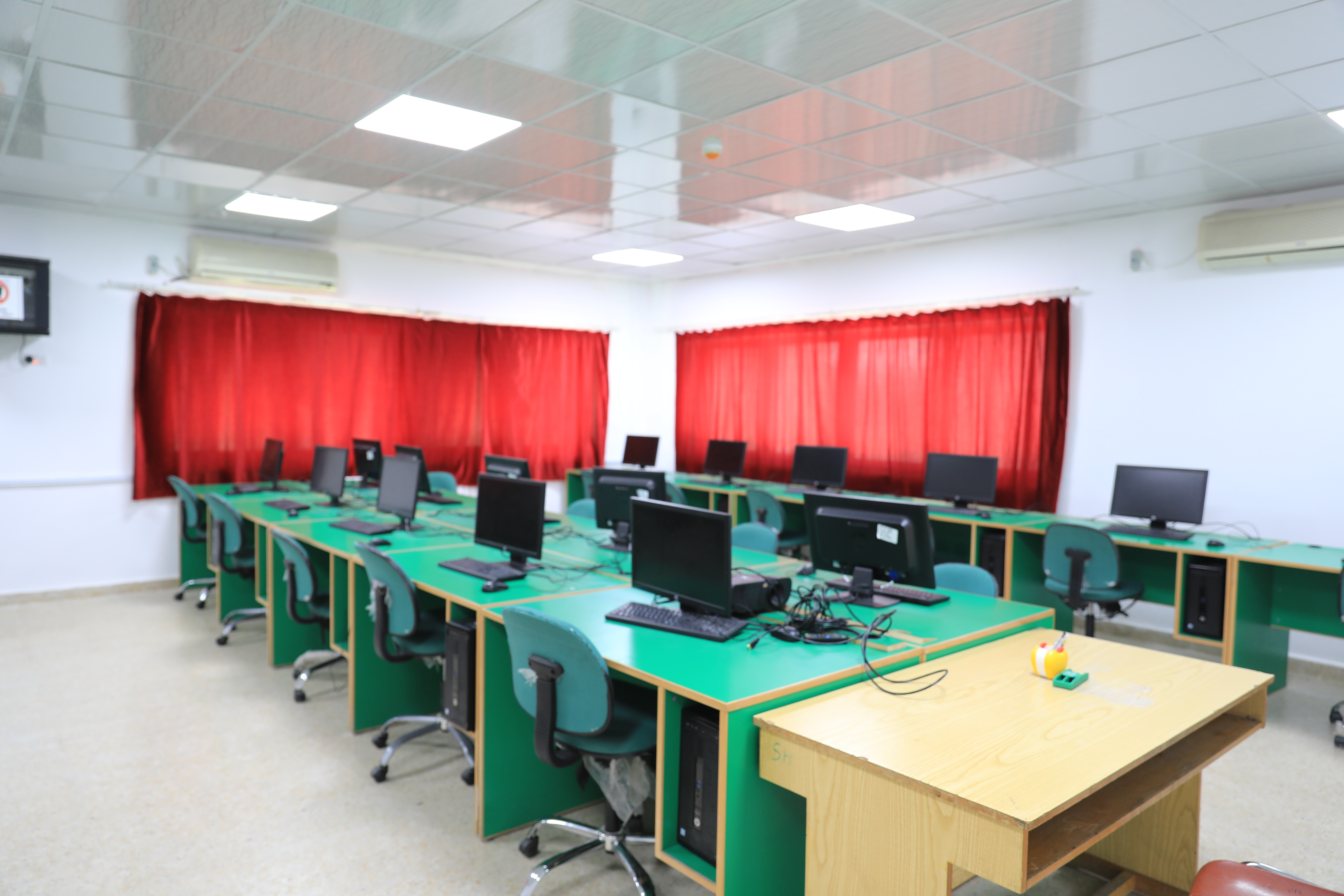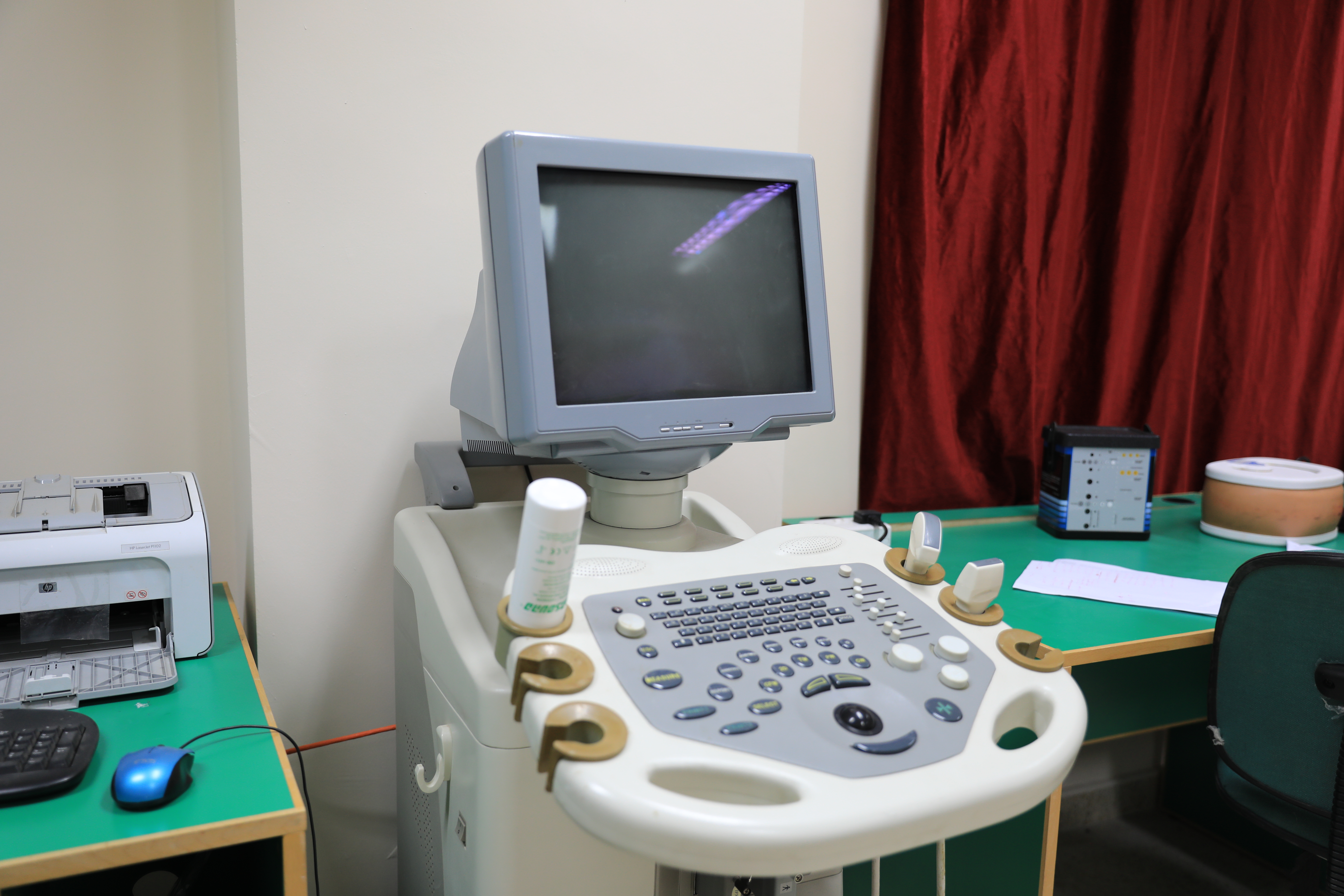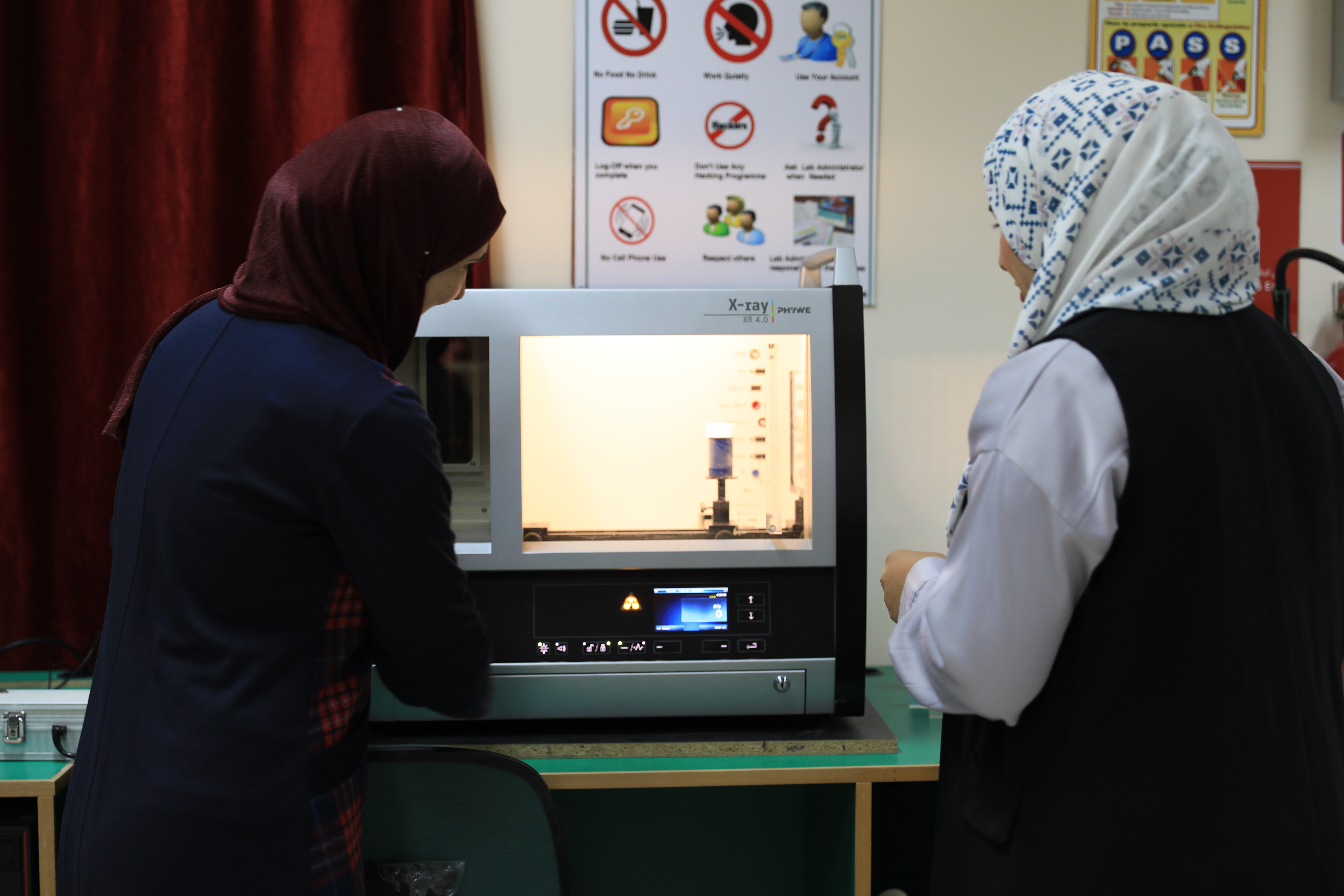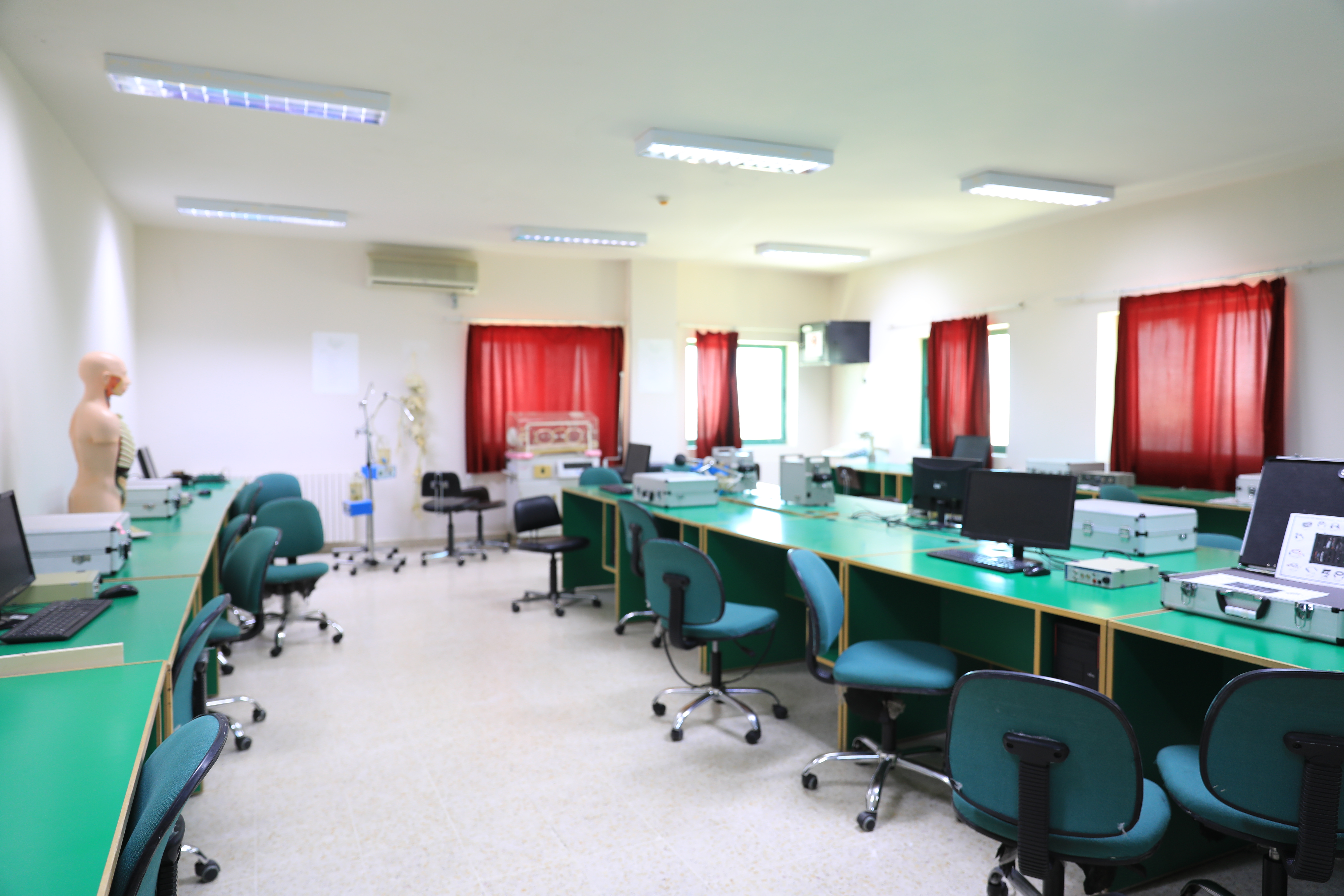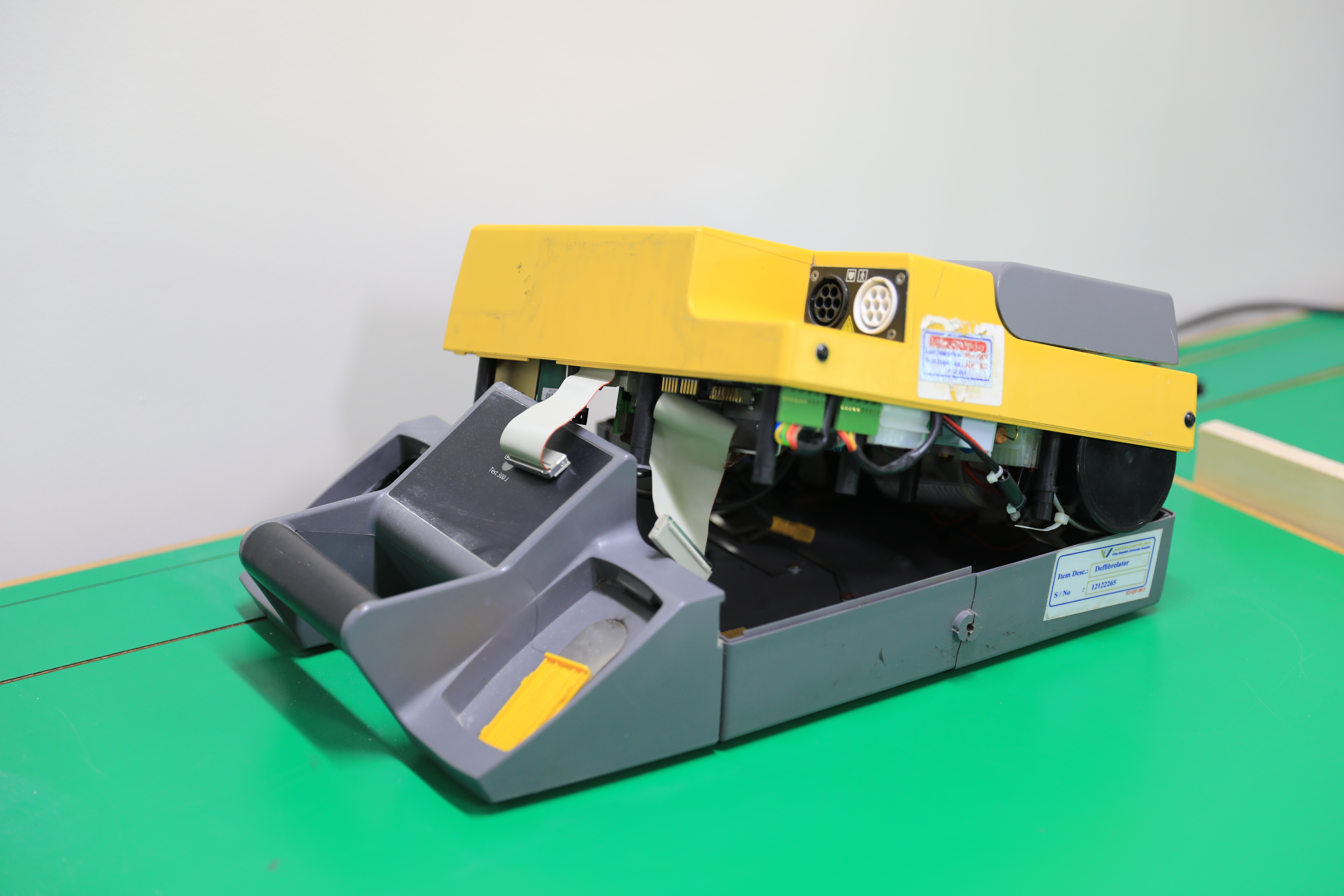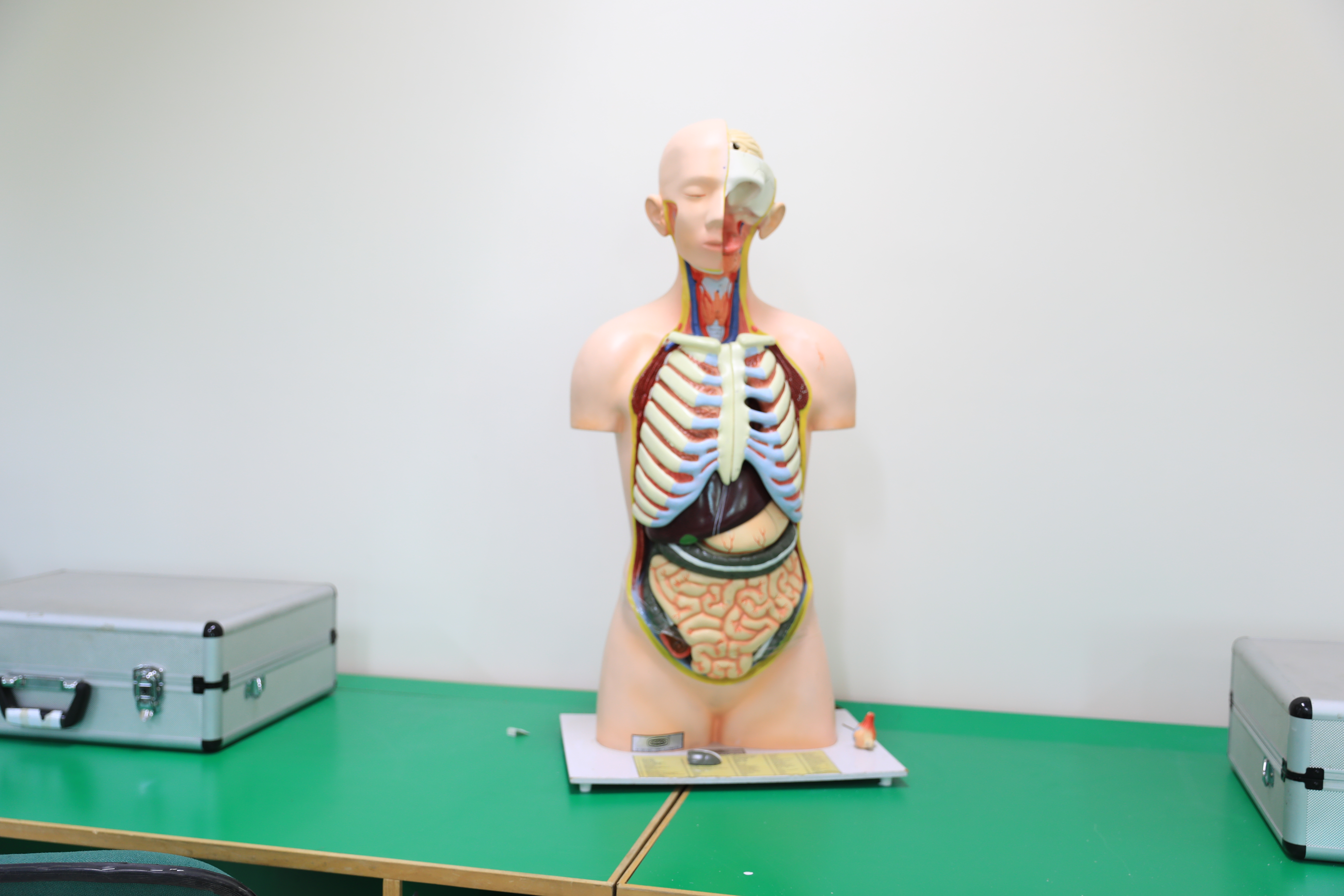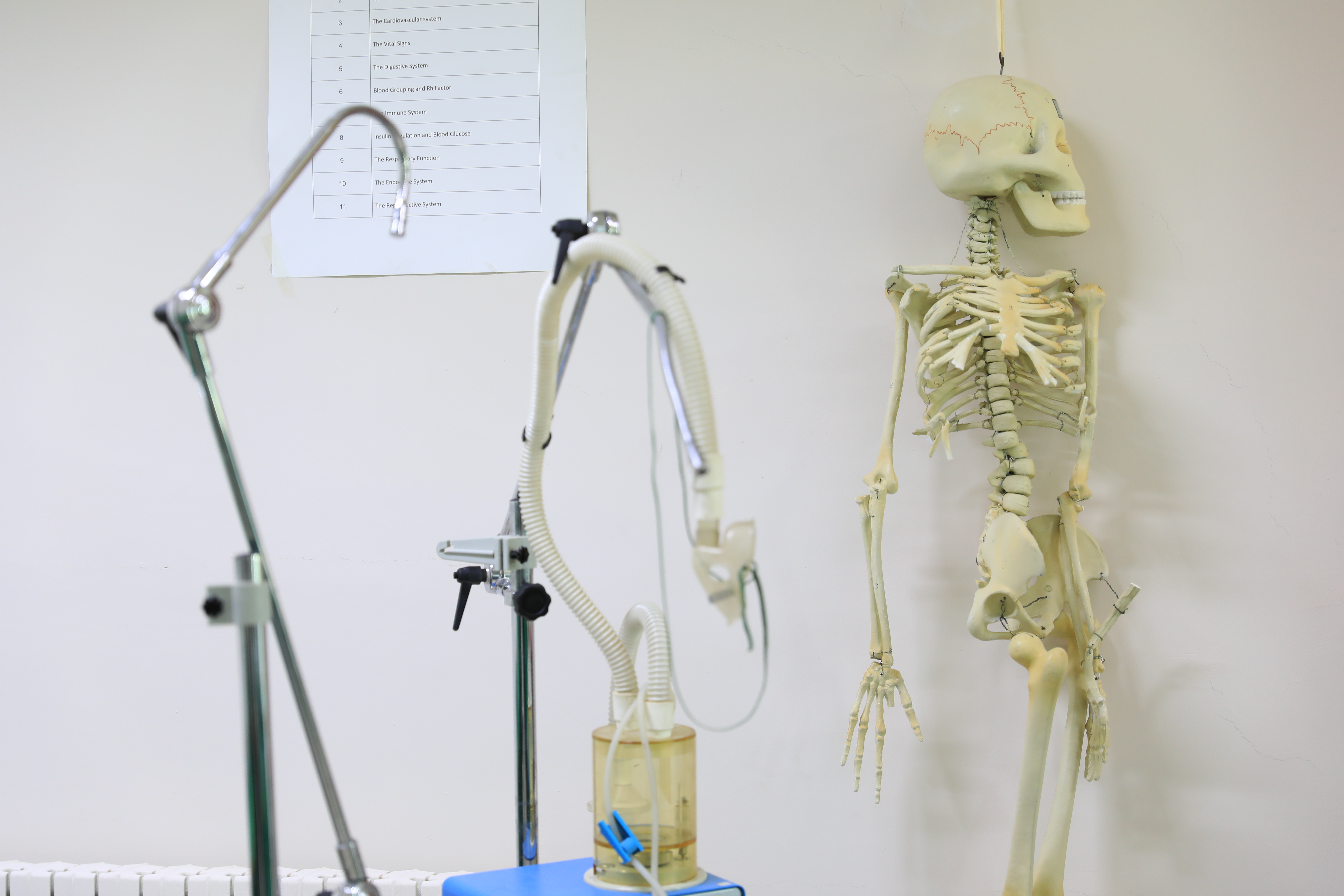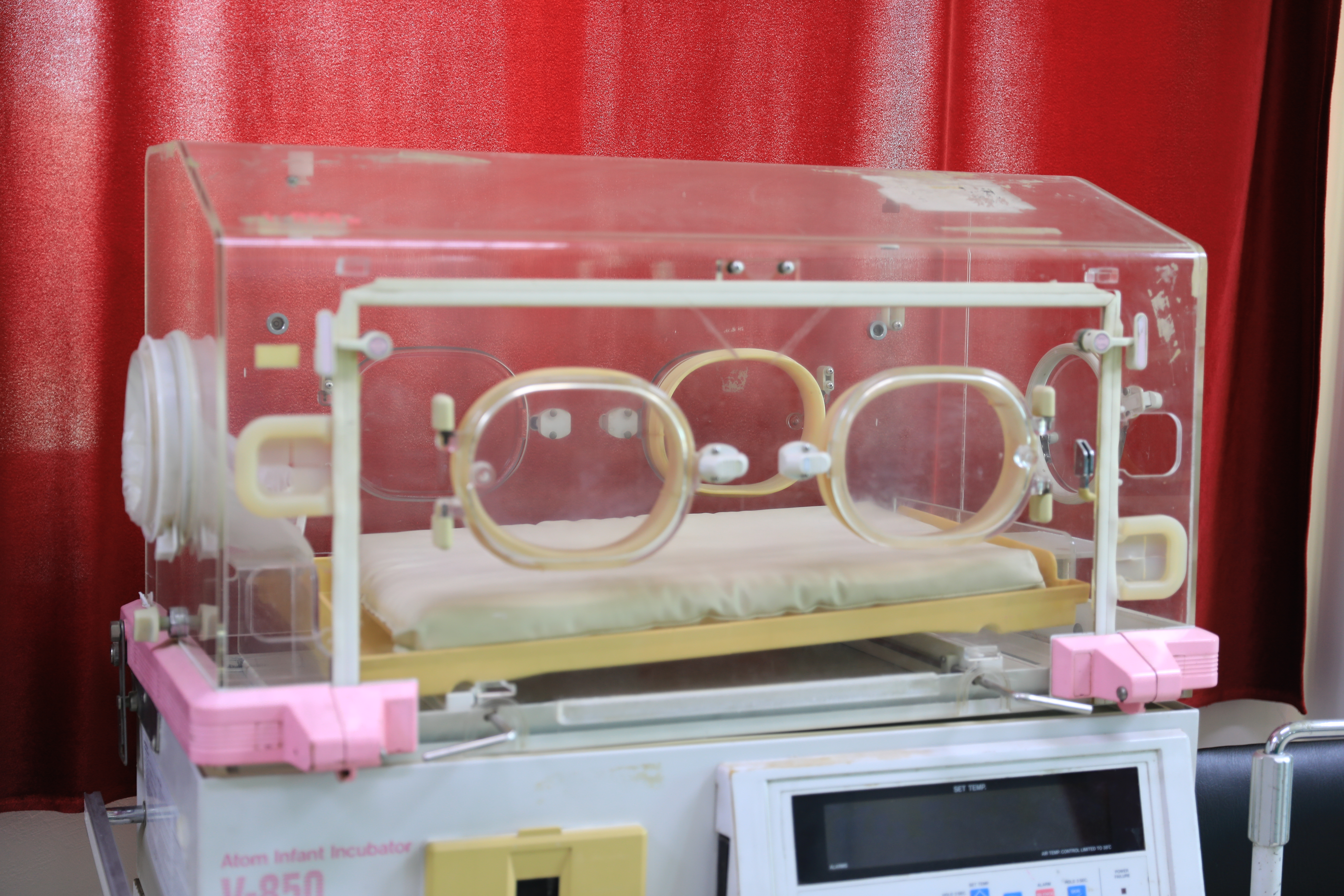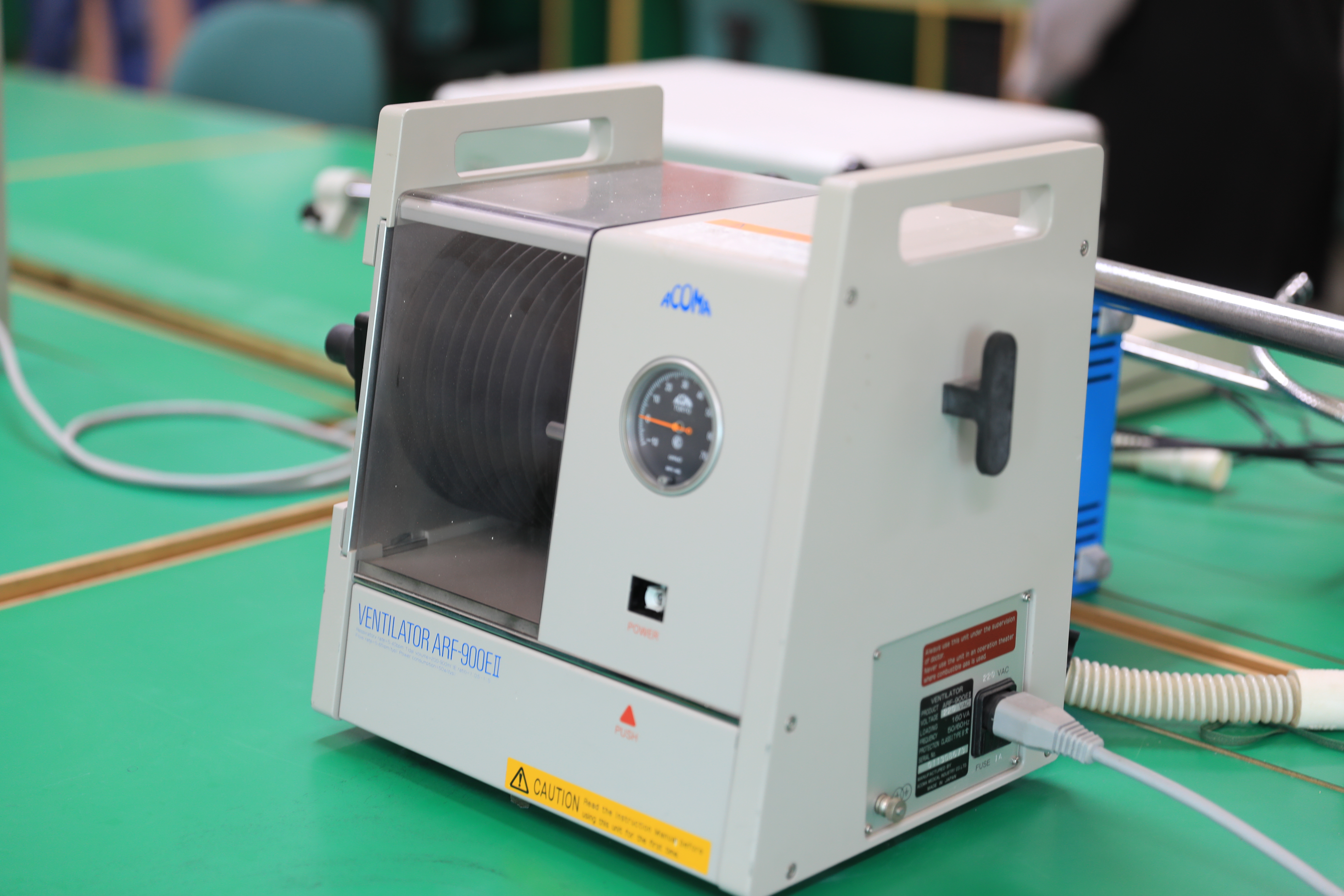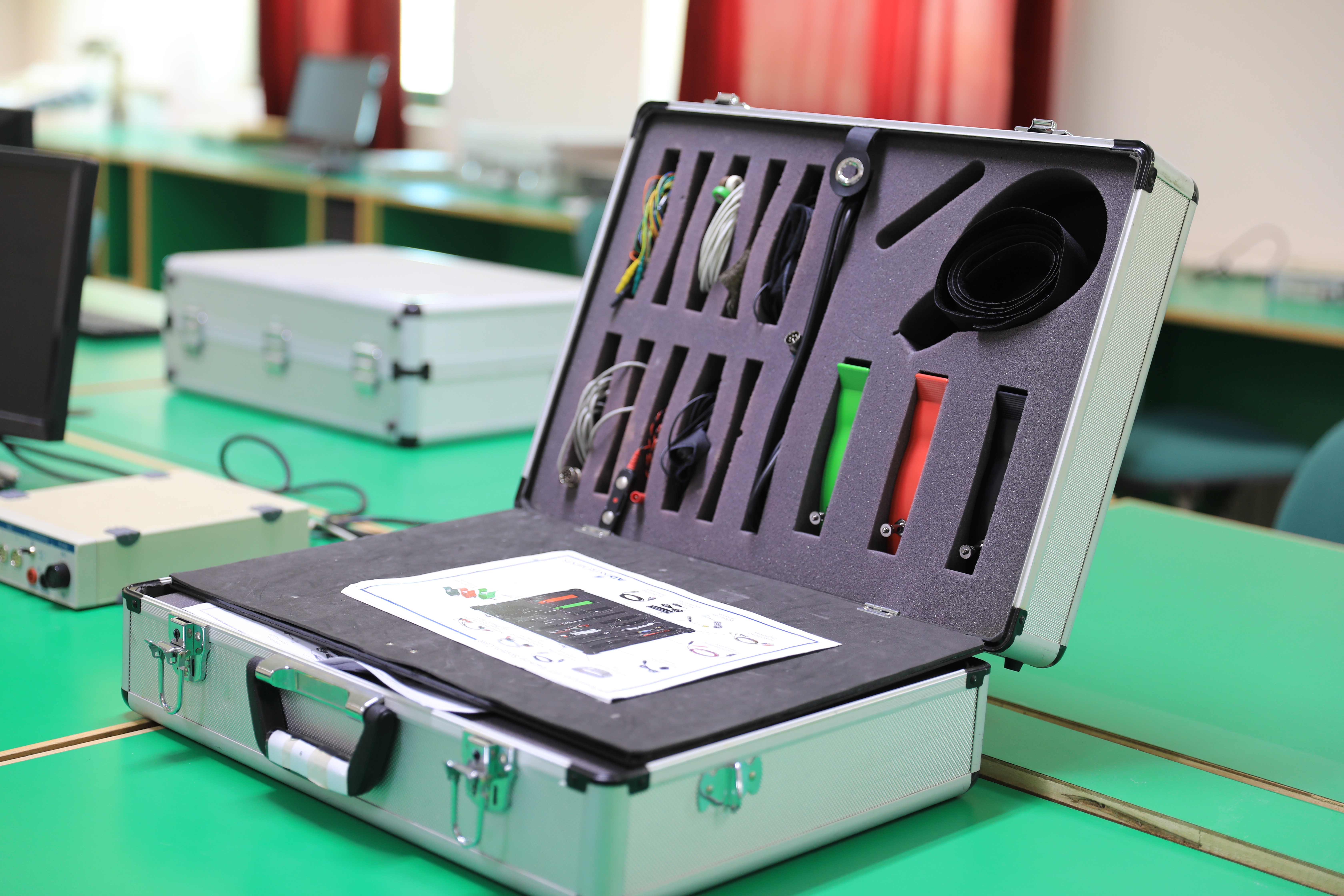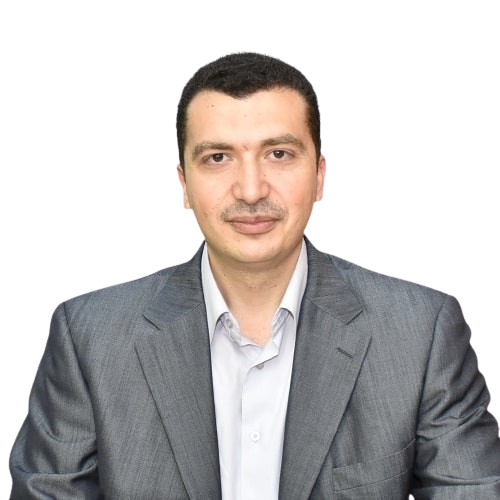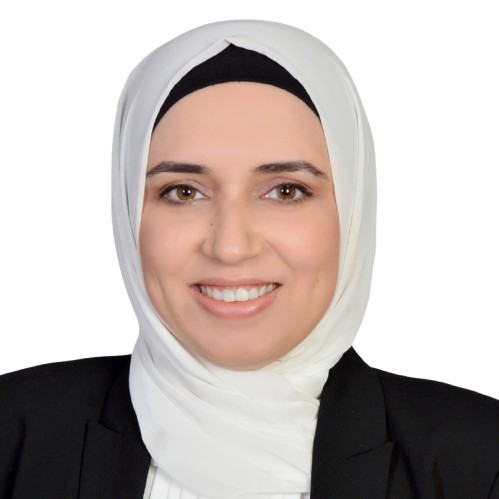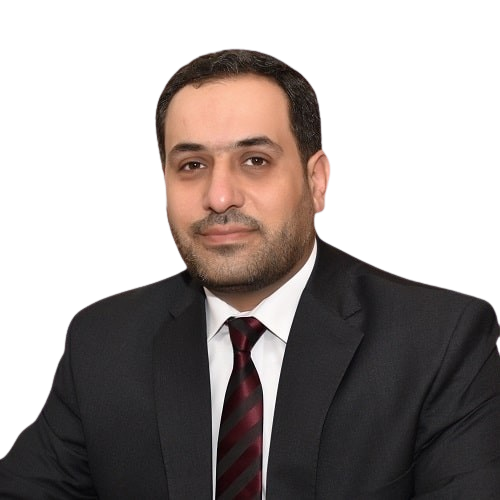Department Chair
Contact Information:
Email: medical.dept@yu.edu.jo
Phone: +962 2 721 1111 ext. 4551
Eng. Sami Almashaqbeh
Chair, Biomedical Systems and Informatics Engineering Department
Instructor, Biomedical Systems Engineering
sami.m@yu.edu.jo
+962 2 721 1111 ext. 4551
About the Department
Established in 2007 with the support of the European Union / Tempus Program, the Department of Biomedical Systems and Informatics Engineering at the Hijjawi Faculty for Engineering Technology, Yarmouk University, is dedicated to advancing education and research in the interdisciplinary field of biomedical engineering.
The department offers two Bachelor degree programs—Biomedical Systems Engineering and Biomedical Informatics Engineering—as well as a Master’s program in Biomedical Systems and Informatics Engineering. These programs are designed to equip students with the knowledge and practical skills required to address the complex challenges at the intersection of healthcare, biology, and engineering.
Our faculty comprises a team of highly qualified academics and researchers specializing in diverse areas such as biomedical instrumentation, biomedical signal processing, transducers, medical imaging and image processing, biomechanics, biomaterials, tissue engineering, bioinformatics, medical informatics, parallel computing, and artificial intelligence. Their active involvement in scientific research contributes to both academic excellence and technological innovation.
To foster a strong foundation in both theory and application, the department is equipped with state-of-the-art laboratories operated and maintained by skilled engineers. These facilities provide students with hands-on experience, encouraging innovation and practical problem-solving in real-world biomedical and healthcare contexts.
The Department's vision is based on graduating a class of independent engineers who enjoy the confidence and creativity. They will have the ability to work in a multidisciplinary environment designed to improve health care delivery in Jordan and have the ability to assume responsibility and maintain high ethical standards.
Degree Programs
The Department of Biomedical Systems and Informatics Engineering offers two Bachelor’s degree programs: Biomedical Systems Engineering and Biomedical Informatics Engineering. These programs provide students with a strong interdisciplinary foundation that combines engineering principles with biomedical and health sciences. Students gain expertise in areas such as medical instrumentation, biosignal processing, medical imaging, and health informatics, preparing them for careers in healthcare technology, medical research, and biomedical innovation.
In addition, the department offers a Master’s degree in Biomedical Systems and Informatics Engineering, designed for students seeking advanced knowledge and research skills in biomedical engineering fields. The program emphasizes innovation in areas such as artificial intelligence in medicine, tissue engineering, bioinformatics, and smart medical systems, supporting both academic and professional career trajectories.
Explore the degree programs offered by the Department of Biomedical Systems and Informatics Engineering at the Hijjawi Faculty for Engineering Technology, and discover how we are preparing future engineers to transform healthcare through technology, research, and interdisciplinary expertise.
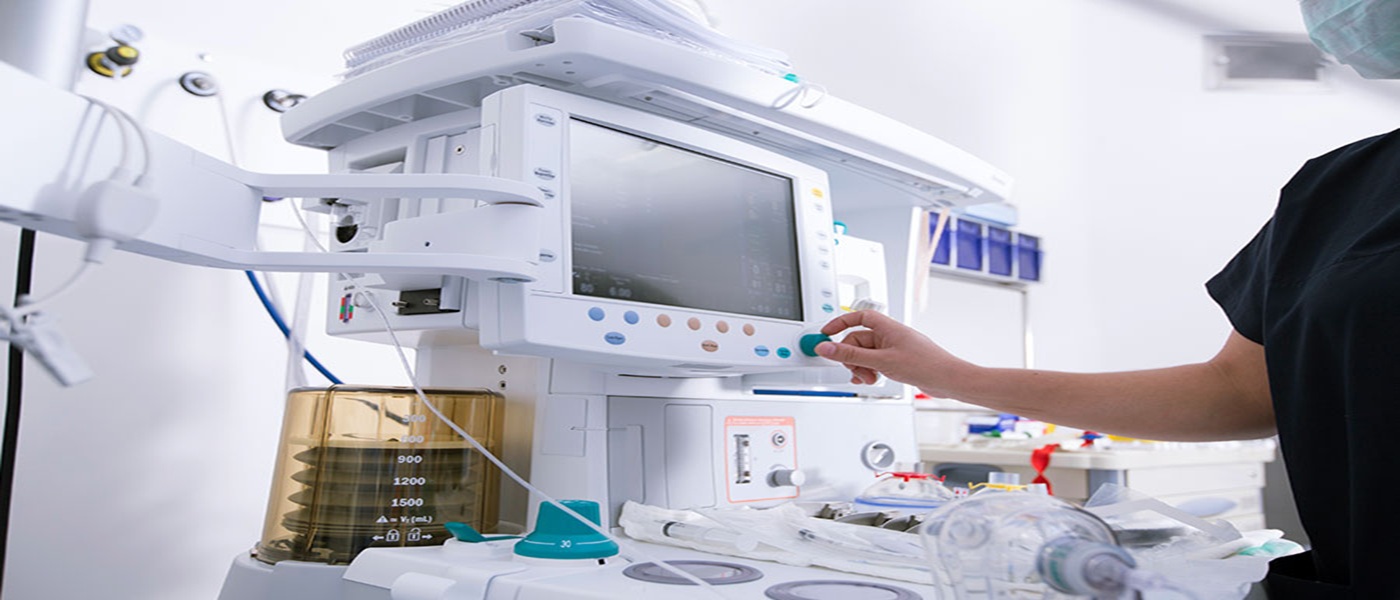


Faculty Members
The Department of Biomedical Systems and Informatics Engineering is home to a dedicated team of faculty members with expertise across a broad spectrum of biomedical engineering fields, including biomedical instrumentation, signal processing, medical imaging, biomechanics, biomaterials, tissue engineering, bioinformatics, medical informatics, and artificial intelligence in healthcare. With academic and professional experience from renowned institutions, our faculty combine deep technical knowledge with a strong commitment to real-world application.
Our faculty are actively engaged in advancing research and innovation through participation in international conferences, publication in peer-reviewed journals, and collaboration with medical and engineering communities. Their research spans cutting-edge areas such as smart medical systems, AI-driven diagnostics, biomedical data analysis, and next-generation healthcare technologies.
In addition to research, our faculty prioritize student engagement and development. By incorporating hands-on lab work, interdisciplinary projects, and research opportunities into the curriculum, they help students build the critical thinking and practical skills needed to excel in the biomedical and health technology sectors.
Laboratories and Engineers
The Department of Biomedical Systems and Informatics Engineering is equipped with a variety of specialized laboratories that support hands-on learning and research in essential areas of biomedical engineering. These include the Pathophysiology Laboratory, Medical Imaging Laboratory, Biomedical Signal Processing Laboratory, Bioinformatics Laboratory, and Medical Electronics Laboratory. Each lab provides students with practical experience in areas such as medical diagnostics, biosignal analysis, biomedical instrumentation, electronic circuit design, and computational biology.
The laboratories are staffed and maintained by experienced engineers and technicians who ensure a safe, well-organized, and technologically advanced environment. Through practical training, experimentation, and project-based learning, students are encouraged to apply theoretical knowledge to real-world healthcare challenges. These labs also play a vital role in supporting student research and graduation projects, fostering innovation and technical expertise in the development of biomedical and healthcare solutions.
